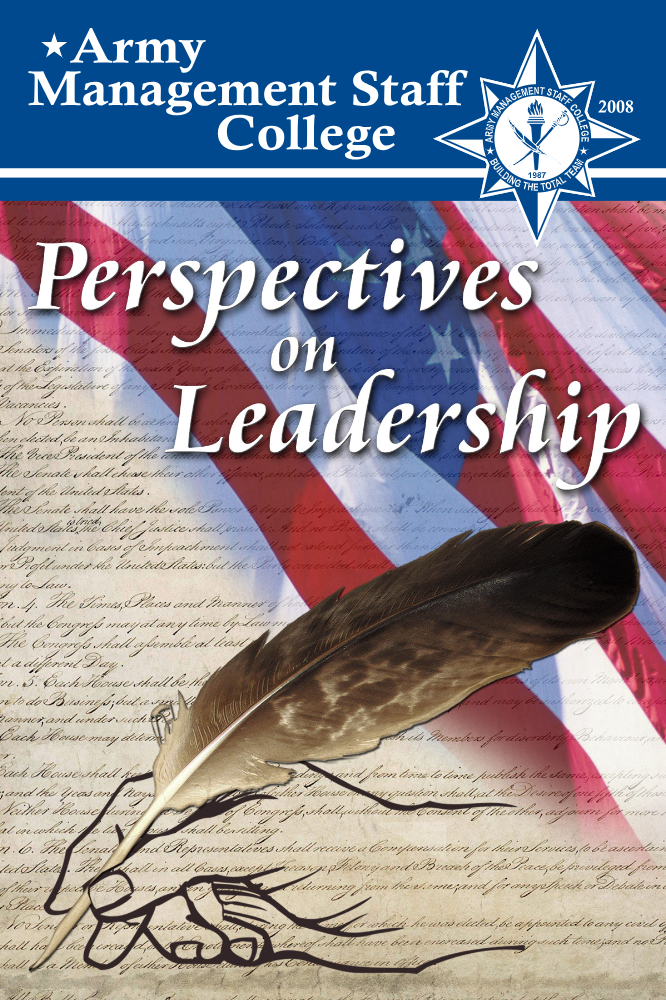Perspectives on Leadership Book Summary
Army Management Staff College (AMSC) author or source
This goal is particularly relevant in public service and military settings, focusing on ethical responsibilities, concepts, and leadership styles.
🧠 Themes & Central Ideas
Leadership is a process rather than a position.
Influence defines leadership, not power.
One can be a leader by displaying care for others, talent, and moral qualities.
2. A leader with moral standards
Excellent leadership begins with morality.
Leaders have to set moral standards and assign people accountability.
The book underlines throughout basic values such as obligation, respect, and honesty.
3. Methodologies and Leadership Styles
The book covers numerous leadership techniques:
Transformational leaders promote change through vision and motivation.
Emphasising structure, performance, and reward/penalty, transactional leadership is
Under servant leadership, one puts first needs, especially of team members, first.
4. Vision and Transmission of Ideas
Leaders have to be able to properly express their well-defined objectives.
Great communication demands listening, empathy, and transparency.
5. Expanding Other Individuals
Among a leader’s most crucial duties are developing potential and providing coaching and mentoring.
Not only does leadership determine capacity in others, but it also defines project completion.
6. Self-awareness and emotional intelligence
Great leaders understand their emotions and how they affect others.
Essential are emotional intelligence (EQ), self-awareness, self-regulation, empathy, and social skills.
7. Dynamic Leaders: Adaptive
Key in today’s fast-paced economy is your skill to remain flexible, control uncertainty, and react to change.
Leaders have to always be learners and adaptable thinkers.
8. Authority and Choice, and Responsibility Composing
Good judgment combines facts, values, ethics, and foresight.
Leaders have to own the decisions they take as well as their outcomes.
military and civil service relevance
Especially for American government agencies, the book applies military leadership ideas to civilian organisational leadership..
It underlines national duty, leadership responsibility, and mission focus.
The Final Thought: Perspectives on Leadership is a basic textbook for public sector leaders, both present and aspirant ones. It combines theory, experience, and moral principles to help people develop into successful, responsible, and adaptable leaders.
